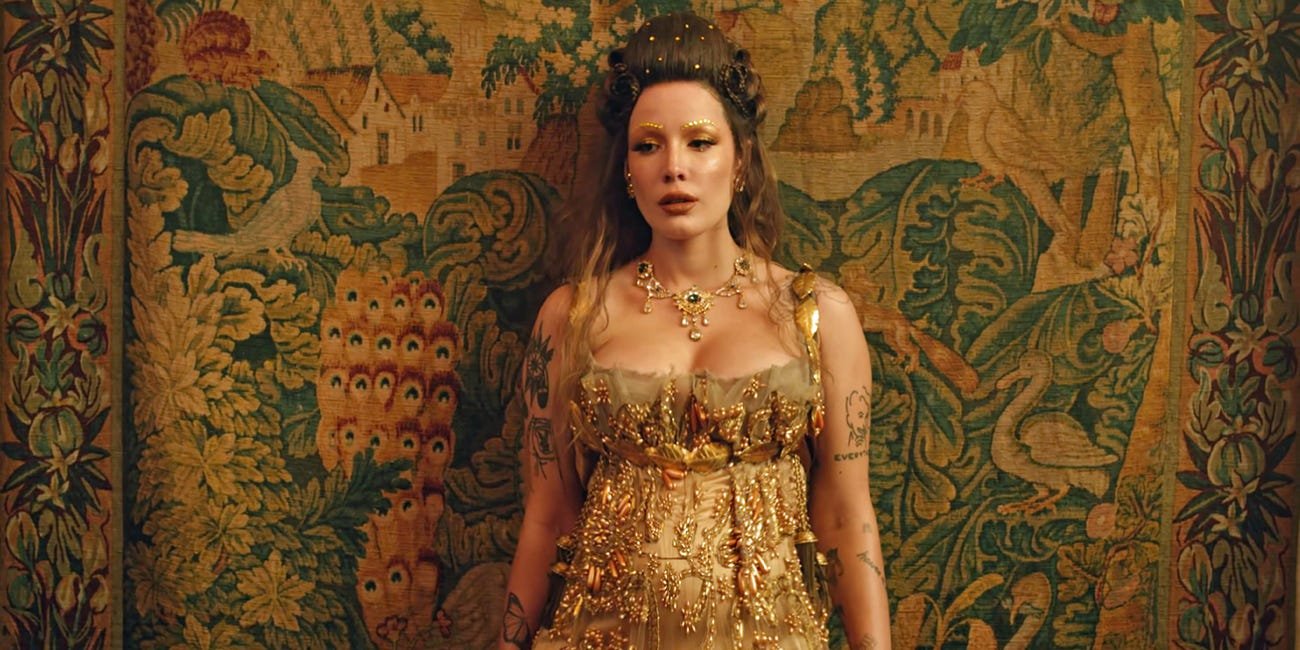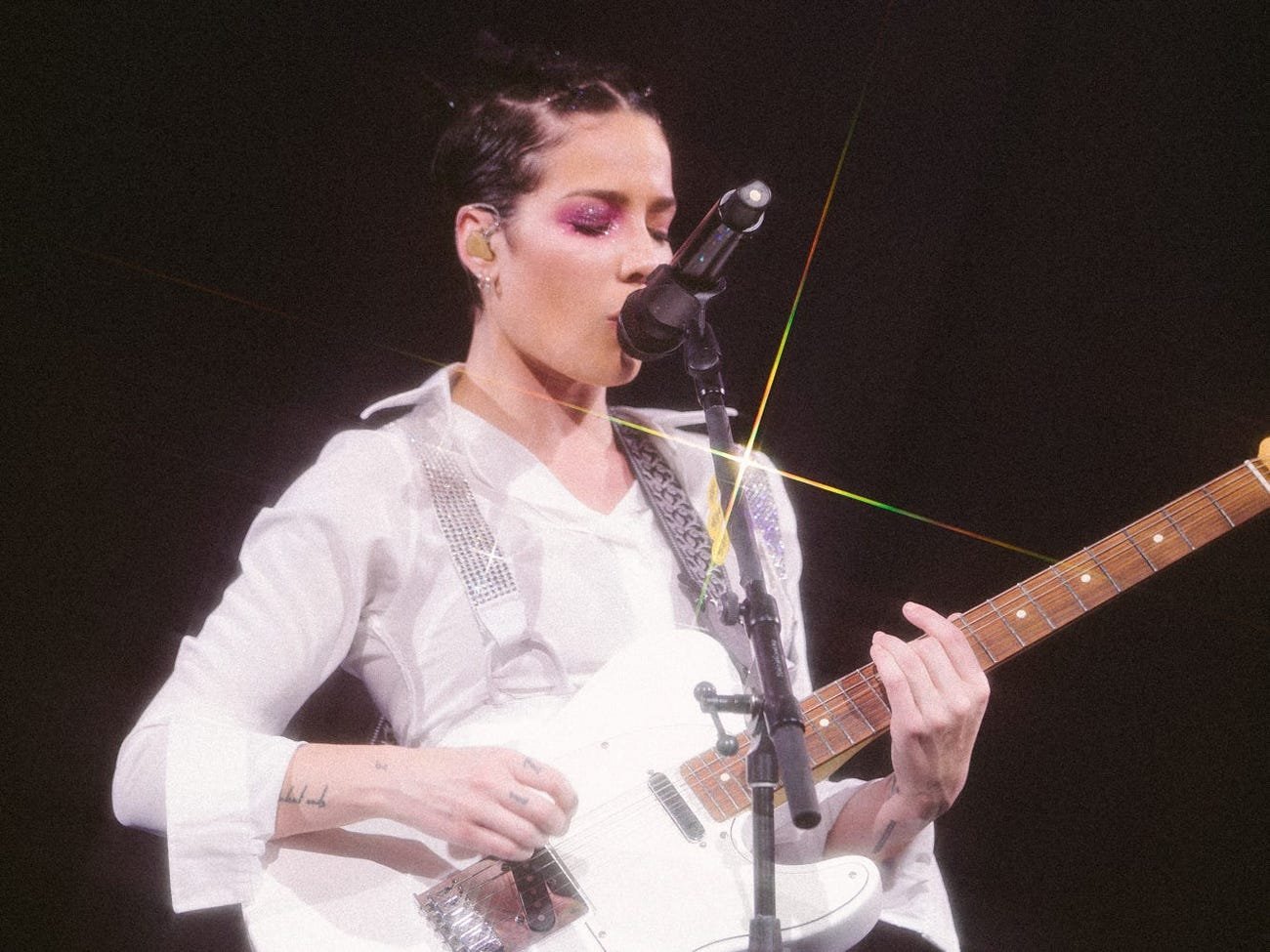The Evolution of Halsey
Halsey’s presence in the music industry is riveting and relentless, with her unapologetically expressing her genuine self with every lyric. She’s equipped with wise words that normalize queerness, depression, insecurities, raging feminism, and manic episodes. She fights against the misogyny and hate from those who are uncomfortable with the weight carried by her words, prevailing fiercely through her evocative, alluring songs. As a product of fame, it’s easy to lose your authenticity. I wanted to bring attention to her inspiring strength and growth as a female singer who never lost her authentic sound. Let’s take some time to grant a profound review, reflecting on her albums that have helped her discover the inspiring alpha woman that she is.
Badlands in 2015 was her debut album at just nineteen years old. Halsey began exploring the concept of living as both an average woman and as a divine woman. She jabs at the toxic patriarchy with details of relationships. Verses include her connecting with a higher being, the devil, a lover, and a hero, all in this one man. She willingly expresses her struggle with being open about her feelings because she is fighting her bad habits and inner conflict. Halsey’s braveness shines through as she relates to never losing your individualism for someone else. Hopeless Fountain Kingdom in 2017 brought all the pieces that Badlands was missing. She continues to successfully paint a picture of herself through a dystopia or story-like narrative. However, she formulates herself as the brute in her own story to display this real sense of hopelessness. She dives into her transparency about being biracial, bisexual, and bipolar. She took back these personal things that were once seized from her by the public, setting the record straight about her truth. It is a fictional take on love, filled with heartache, hopelessness, and dealing with the fear of them never staying. Halsey’s 2020 album Manic served as a different take on her world. Her words are descriptive of a real-world version of herself as a young woman. This album was a confession of her feelings of angst, loneliness, and toxic addictions. Her introspection shares the relatable feeling of longing for happiness and unbound love in this brutal society.
As she steps into her latest era of motherhood, we see this shift in tone that stands out from her other albums. She steps back into a dystopia but of regalness and maturity. She made herself the deserving deity, the supreme, and the queen in her 2021 album If I Can’t Have Love, I Want Power. There is this secretly hauntingly and threatening theme of showing how a woman can be a sensual enchantress while also being able to birth life. She immediately starts with her showing us her newfound divine power as a woman, or mother, and uses mythological creatures, like sirens, and “Lilith,” as her muse for being a goddess through all the chaos. But most importantly, she speaks on the hardships of becoming a mother and her fears of losing this family that she has always dreamed of. Halsey even mentions not wanting to outlive the father of her child, because a life without him is unlivable. Looking back at her old albums, this record encapsulates the woman that she was always trying to find through her process of evolution. Her image has always been built on her powerful vulnerability, making her gifts as a singer so vast and extraordinary.
Strike Out,
Writer: Racquel Gluckstern
Editors: Breanna Tang & Lexi Fernandez
Tallahassee



